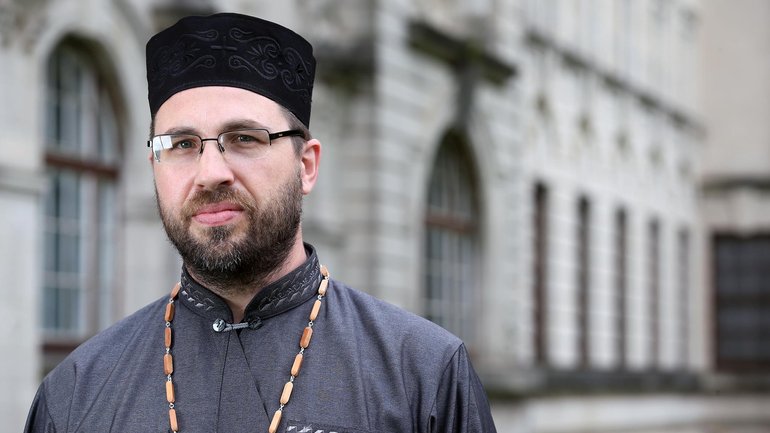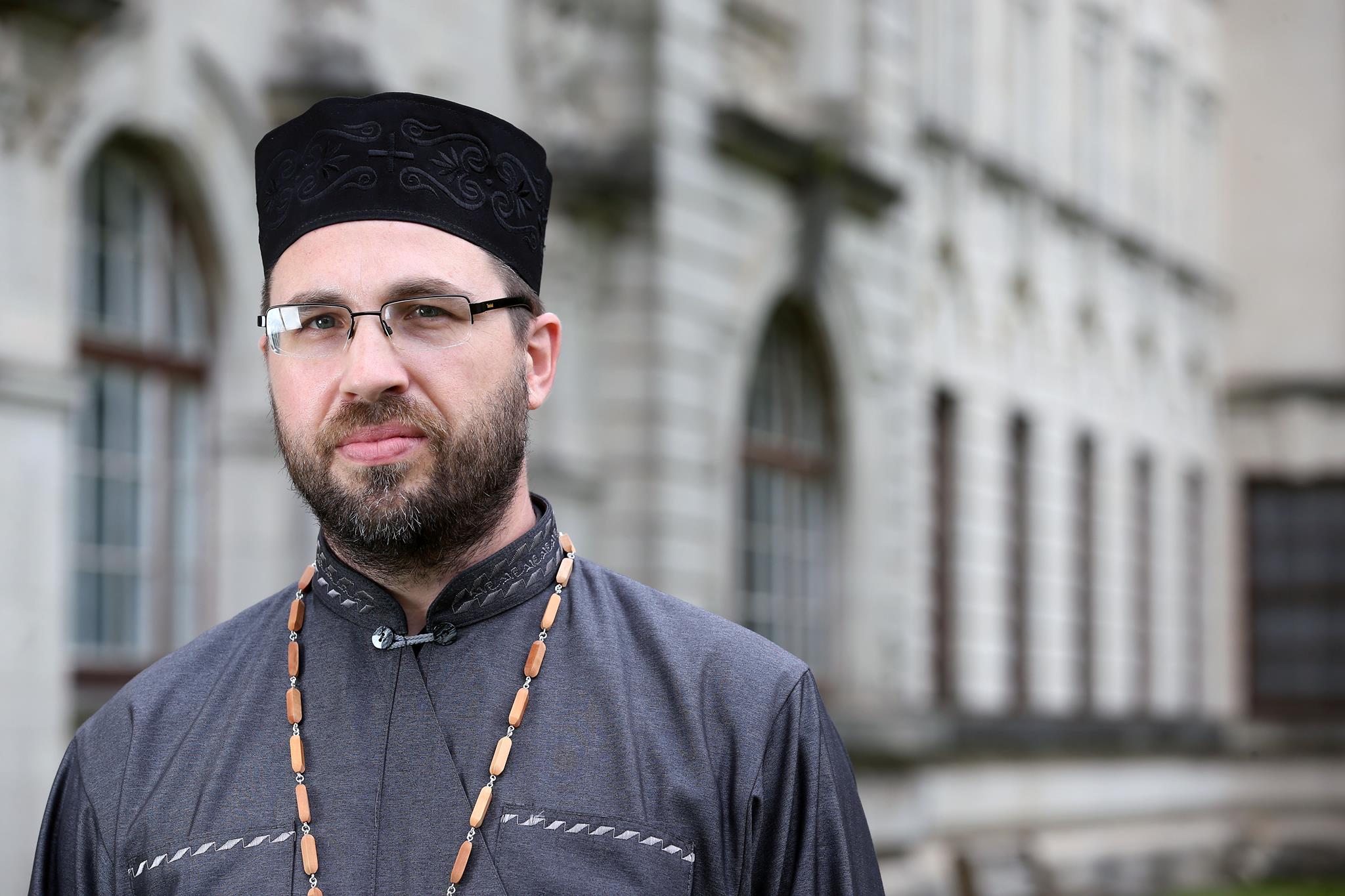Church or Ethnic Chaplaincy? The Dangers of Phyletism

 One of the greatest dangers Christians of the Eastern Churches face is the heresy of phyletism. This may sound like nothing much to worry about to those who do not know the language of theology, but it was a term coined to describe the problem of emphasising ethnic concerns over the mission of the Church and sound ecclesiology. Yet as significant as it really is, and as destructive as it can be, it is the one heresy that arises time and again among us.
One of the greatest dangers Christians of the Eastern Churches face is the heresy of phyletism. This may sound like nothing much to worry about to those who do not know the language of theology, but it was a term coined to describe the problem of emphasising ethnic concerns over the mission of the Church and sound ecclesiology. Yet as significant as it really is, and as destructive as it can be, it is the one heresy that arises time and again among us.
Without conceding anything positive to phyletism, it is understandable that such a heresy should arise, seeing as the Church’s very history is one of incarnating where she went, and sanctifying local traditions by making them her own. It is, after all, precisely what the Word of God did when taking on flesh. Correspondingly, the Church to this day manifests the traditions and the languages of the peoples among which she has ministered. As those peoples have spread out, however, and carried their traditions with them, where the Faith is concerned they have tended to keep to themselves, for fear that either their traditions may become diluted, or on the assumption that strangers will not be interested in them. Yet words are not enough to express just how wrong this is.
It is absolutely right that people should have heard the Gospel in a way that resonated with them—in a language that they understood—and that they should have then lived it out in their own way. (Indeed, I would strongly advocate that such traditions never be lost; I am, in fact, of a mind to say that if a people’s traditions are lost, it will not be long before the Faith follows.) And yet, in light of the cosmopolitan reality of our world today, it would seem necessary for all people to find a way—by means of their particular traditions—of communicating with the whole world around them. The particular, in other words, must find a way of speaking to the universal.
It is our good fortune in Cardiff, Wales, of having been given the mandate of starting a Ukrainian Greek Catholic parish with the purpose of figuring out how to do precisely this. The history of the Ukrainian Church in Wales is of a number of Ukrainian men who took work here after the Second World War, married, and had children. For most of the time since, a Ukrainian priest travelled over from England to serve the Divine Liturgy in their language, and to minister to them as their lives unfolded and they kept community with one another lest their memory of Ukraine, and what it meant to be Ukrainian, should be lost. But this meant that catechesis was minimal, and the wives and children of many of these men came to understand little of the true nature of their own traditions. And now, with the sad passing on of these devout men, we are faced with the task of having to account for our identity in relation to the surrounding culture.
In terms of the local population, we are seeking to communicate the Gospel amidst a state of some cynicism and widespread apathy. The witness of the great saints of Wales has been largely forgotten, and the people, like so many in the West, have come to embrace technology and possessions as the primary indicator of their ‘salvation’. Regard for metaphysical truth has been surpassed, laid waste, by worship of what is physical. At the same time, the Welsh are a genuinely congenial and hospitable people who appreciate sincerity and openness. Perhaps because of their situation as the perceived ‘little sibling’ to a much larger and dominant England, they tend to be accepting of difference in a way that England sometimes fails to be. And on this basis at the very least, there is plenty of room for Ukrainians and the Ukrainian Church in Wales.
This does not even begin to touch on the fact that the Welsh, like every other Western people, can most assuredly be attracted to mystery, beauty, and rigorous intellectual engagement. And if there is anything an Eastern Church of the Byzantine tradition can offer, it is an experience of mystery, beauty, and rigorous intellectual engagement. These are our primary treasures. These are components of the language we have been given through which to communicate the news of the Gospel. Not, of course, that we have a monopoly on such things; but they are intrinsic to the way we think, the way we speak, and the way we worship.
So how is it, then, that we are all called to be behave as a people and a Church beyond the borders of Ukraine? Above all, we must live in the confidence that what we possess in terms of our ecclesial traditions is true and beautiful. Following that, it is incumbent on us to know the traditions intimately and to love them. It has been said that the blessed Metropolitan Andrij Sheptytsky exhorted the diaspora to attend Orthodox Churches where there were no Greek Catholic Churches for the sake of the traditions, and Roman Catholic Churches only for the Sacraments. Whether or not this is an apocryphal story I don’t know; what I do know, though, is that our fathers and mothers in the faith were willing to give up everything for sake of following the precarious path of Orthodoxy in communion with Rome, and it is a travesty when this path is forgotten in favour of communion with Rome without the Orthodoxy. Likewise, however, it is a sad indictment of our self-understanding that we should keep this path to ourselves in the unsustainable belief that it is exclusively Ukrainian for Ukrainians.
In the end, the faith of the Ukrainian Greek Catholic Church is the universal, Orthodox, Catholic faith, and while we have received it in our own Byzantine, Kyivan idiom, we have every basis on which to share it no matter where we are, and not be at all surprised when the people among whom we live want to join us. The same can, and must be said about all the great national, Orthodox and Catholic Churches. Anything else is phyletistic, culturally suicidal, and a betrayal of our Lord’s own great commission.









